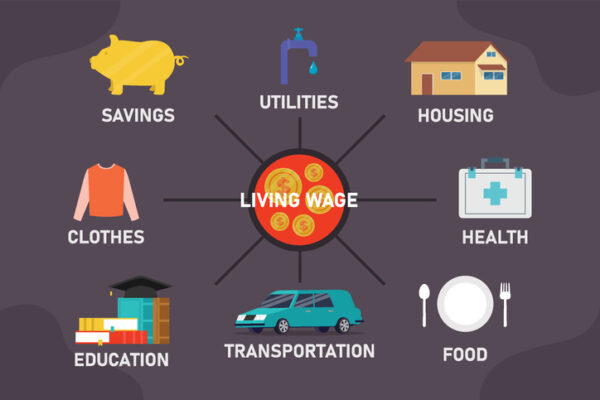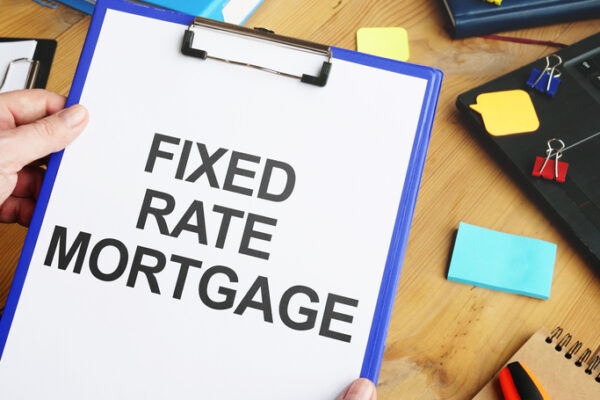Step 1
Contact your existing bank in order to see if you would be charged a breakage cost if you were to switch now. It could be €0 or it could be excessive. With this information we will run the comparison calculations in order to see if it is worth your while to switch now or simply stay with your own bank and wait until a later date.
Step 2
The following details are required in order to carry out an accurate comparison. You can send us a quick text or email with the below information in order to see what savings you could make:
- Current mortgage balance
- Estimated market value of your home
- BER rating
- Current term remaining on your existing mortgage
- Current interest rate
- Annual salary/salaries
- Monthly repayments on any other loans that you have
Step 3
If switching your mortgage makes sense for you based on step 1 and step 2 above, we can start the process. A full mortgage application is required by the banks (like when you applied in order to purchase your home). We will walk you through this will make it as straight forward as we possibly can.
Normal lending terms and conditions apply
Are there costs involved?
Yes, there are. You will have the following:
1. Solicitor fees. Check with your Solicitor what the price is. Note, your Solicitor has a lot less work to do this time than when you bought the house, therefore the price should reflect this.
2. Bank valuation fee of c.€150 – €300 + VAT.
3. Structural survey – If your property is over 100 years old, the bank will require an up-to-date survey, this can cost c.€500 +.
Note: some banks will give you some cash back which can help to cover your switching costs





